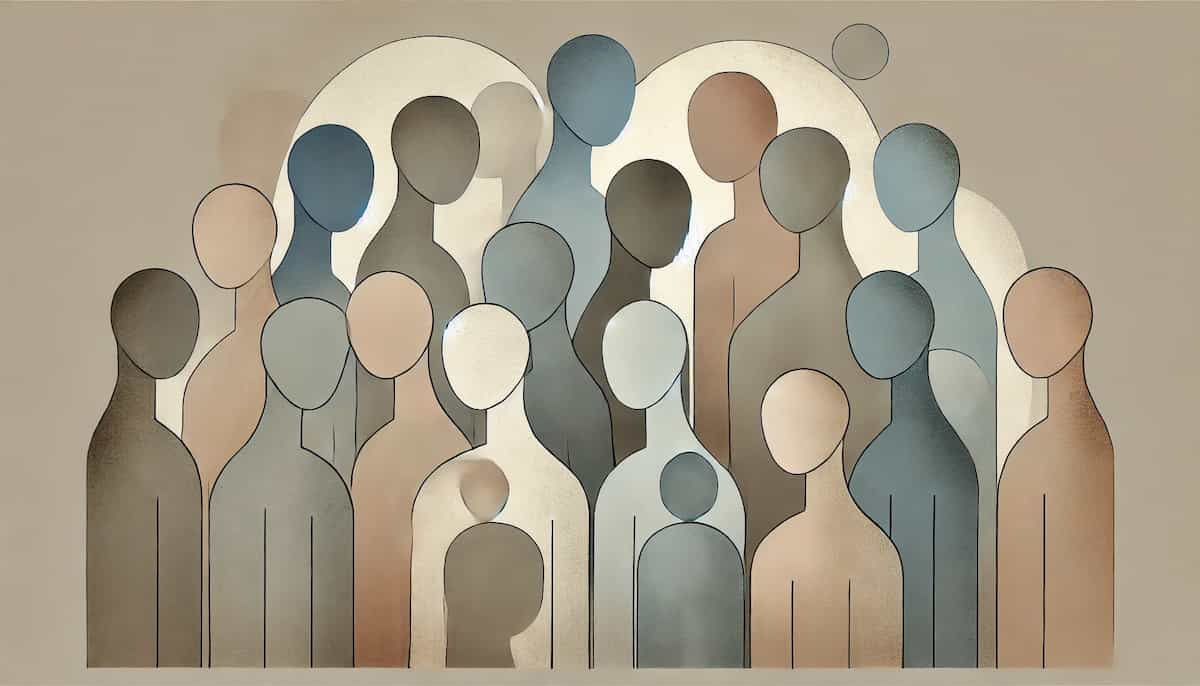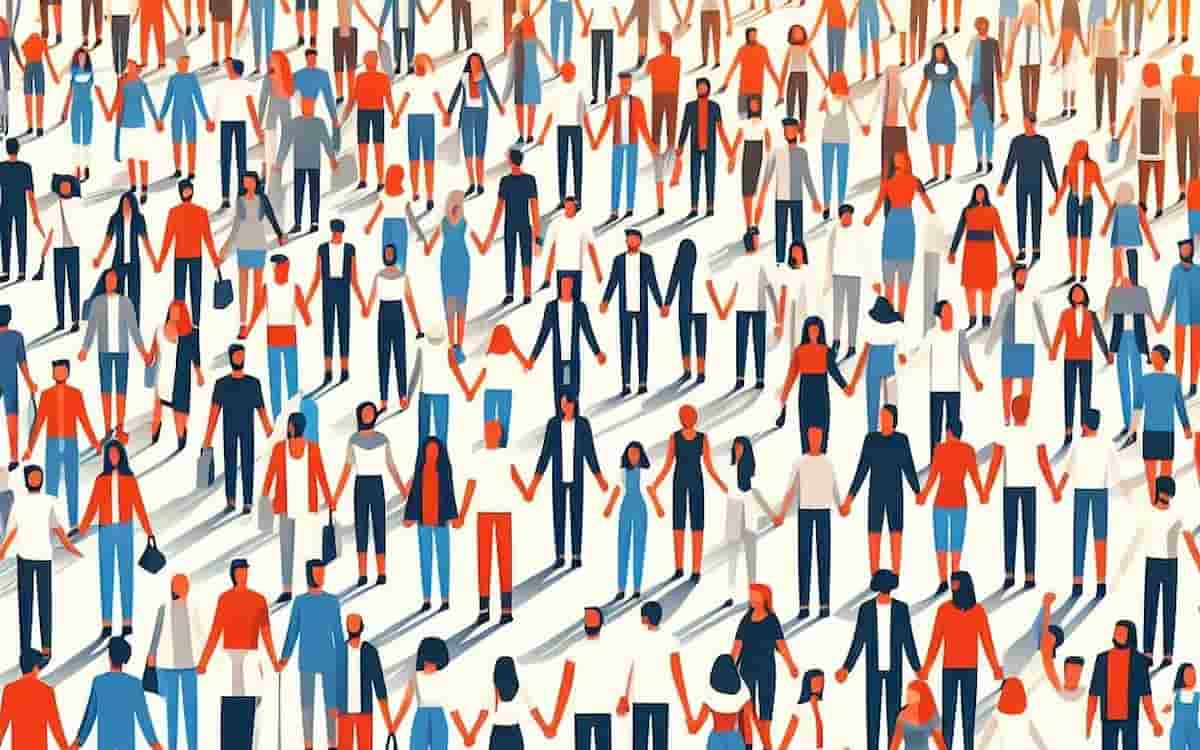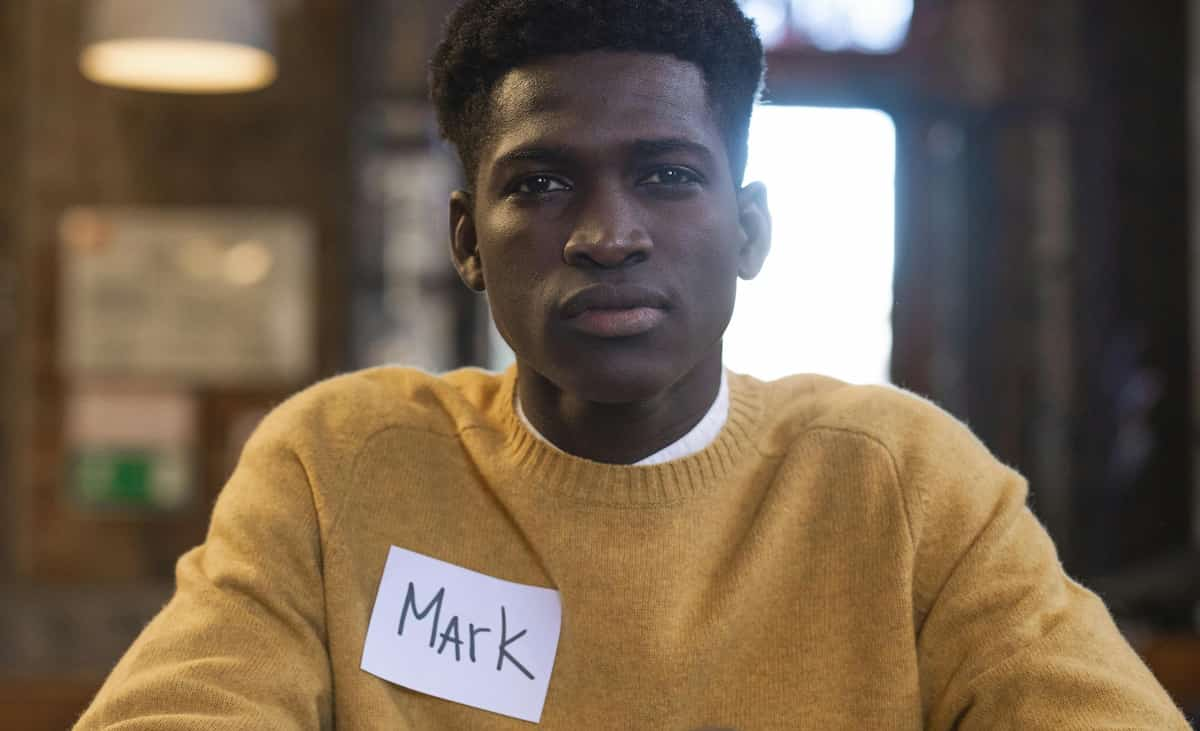Familiarity breeds contempt, according to psychologists: on average, we like other people less the more we know about them.
Given how irritating other people sometimes are, it’s surprising how many of us are eternal optimists about forming new relationships.
Indeed people seem primed to like others: the ‘mere exposure effect’ is a robust social psychological finding demonstrating that just being exposed to someone causes us to like them more.
A good example of the ‘mere exposure’ effect is a study by Moreland and Beach (1992) who introduced four fake students to a large college course.
Each of the fake students – chosen to be of similar appearance – attended the course to varying degrees, some going to many classes, others to few; but none interacted with the other students.
At the end of the course the one student most people preferred, despite never having talked to her, was the one who had attended the most classes.
If the mere exposure effect holds for developing social relationships then, as we come to know more about others, we should come to like them more.
It seems familiarity should breed liking.
A recent study by Michael I. Norton from the Harvard Business School and colleagues certainly suggests that this is most people’s intuitive understanding (Norton, Frost & Ariely, 2007).
Norton and colleagues first surveyed members of an online dating site, asking them whether they generally preferred someone they knew little about, or who they knew more about. 81% said they would prefer the person they knew more about.
In a second survey of undergraduate students fully 88% said they would prefer someone they knew more about.
So much for people’s expectations, let’s see how they really behave.
Why familiarity breeds contempt
In the next part of the study by Norton and colleagues participants were given a list of traits about another person and asked how much they would like that person.
In fact the traits were generated to be broadly representative and people were shown either 4, 6, 8 or 10 of these traits at random.
The results showed that, contrary to their expectations, the more information people had about others the less they liked them.
Norton and colleagues hypothesised that the reason for this finding was that the more people find out about others, the more likely it is a trait will be uncovered to which they take a dislike.
The researchers tested this with participants from the online dating site.
This time, though, instead of using a pre-generated list of traits, each participant was asked to create a list of traits that described themselves – these were then pooled.
Predictably most people chose relatively positive traits.
These traits were then mixed up and randomly allocated in varying numbers and varying orders to participants as though they described a real person.
Effectively, then, people were looking at a random list of relatively positive traits that the group itself had generated.
Again, even with a list of mostly positive traits, people tended to like the ‘person’ described by the shorter lists of traits, further supporting the idea that we like people more who we know less about.
But what the researchers were interested in this time was the effect of similarity on whether we like others.
This is because much previous research has shown that we tend to like other people who are similar to ourselves.
The results showed that what was driving the connection between knowledge and dislike was a lack of similarity.
Effectively the more traits participants knew about another ‘person’, the more likely they were to find dissimilarities with themselves, and so the more likely they were to dislike them.
It gets worse. In a fourth study using a similar approach to those above the researchers found that our dislike for others cascades.
This means that if we see a dissimilar (and therefore unlikeable) trait early on in our relationship with another, this tends to negatively affect the way we perceive the rest of their traits.
So, once we perceive a dissimilarity, it’s all downhill from there.
Even traits we might have liked, or been neutral about before, now get the thumbs down.
For most familiarity breed contempt
Finally, in a fifth study researchers decided to test the evidence from their controlled studies in the real world.
This time members of a dating site were asked either about a potential partner they had met online or someone they were about to meet.
After getting participants to complete a survey they found that, as expected, people knew more about their dates after having met them than before.
For the vast majority of people, though, liking for their dates decreased substantially after they had met them.
On average, knowledge of their date increased from 5 out of 10 pre-date to 6 out of 10 post-date, while liking dropped from 7/10 to 5/10 and perceived similarity dropped from 6/10 to 5/10.
Of course this wasn’t true for everyone – some met other people who they liked more afterwards – but for the majority more knowledge led to apparent dissimilarity which led to less liking.
Hope springs eternal
Considering the results of this study it’s a wonder we bother trying to make friends after the first few disappointments.
The fact that we do is probably a result of an unrealistic level of optimism about how much we will expect to like others.
This is confirmed by the study’s finding that the vast majority of people expect that more knowledge about others will lead to liking when in fact familiarity breeds contempt.
And occasionally we do actually meet people who turn out to be similar to us, who end up as our close friends or even partners.
It’s these relationship hits that we tend to remember when meeting someone new rather than all the times we were disappointed.
As this study shows, on the vast majority of occasions the less we know about someone the more we are inclined to like them because familiarity breeds contempt.
It’s like the fake student in Moreland and Beach’s study, ambiguity allows us to imagine that other people share our world-view, our personality traits or our sense of humour.
Unfortunately as soon as we start to find out more about them, we’re likely to find out how different they are to ourselves and, as a result, to dislike them.
“Hell is other people.” — Jean-Paul Sartre
Jean-Paul Sartre was right, on average: other people really are hell.
That is, most other people are hell.
There are, of course, a few people we each hold dear, people who do not begin to smell after three days; but these people are the glorious exceptions, so hold on to them tight.
UPDATE: this study has been questioned.









